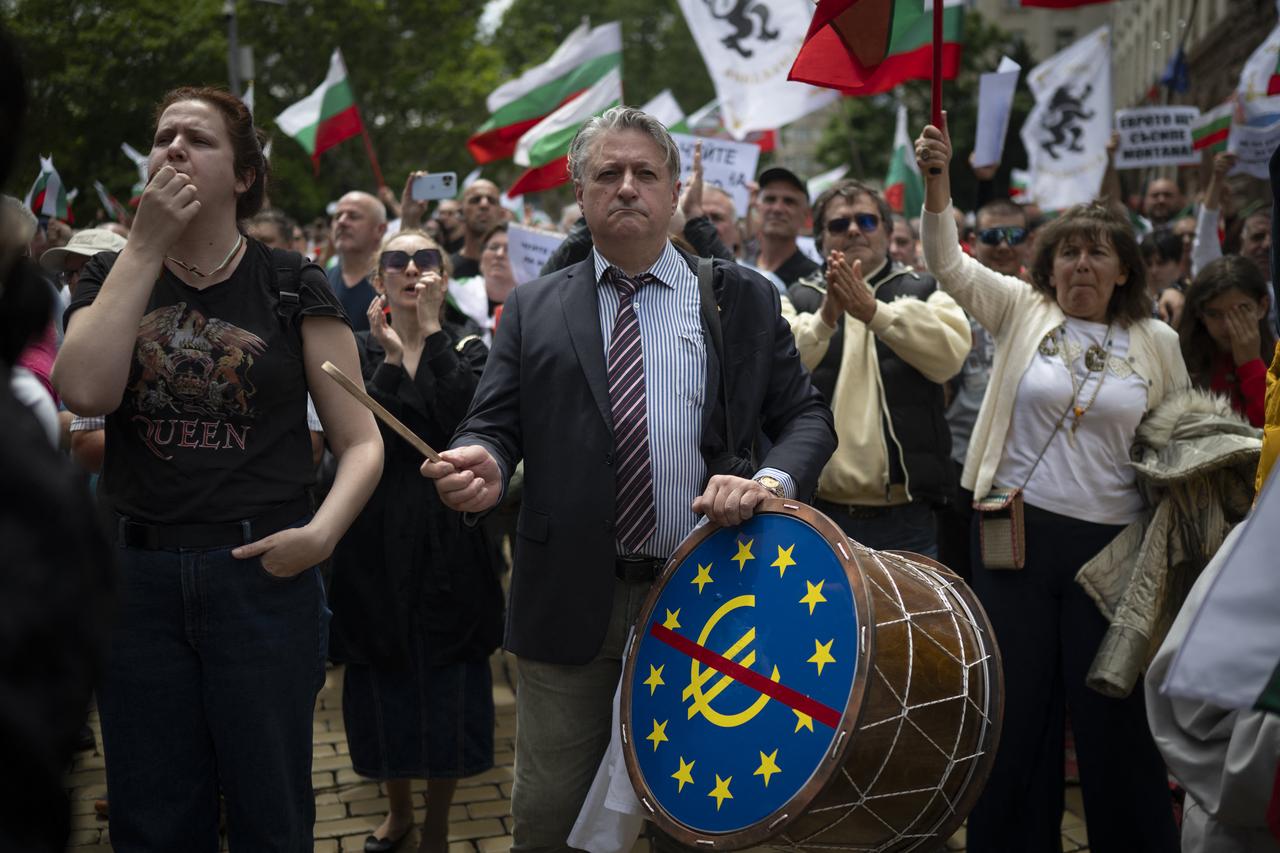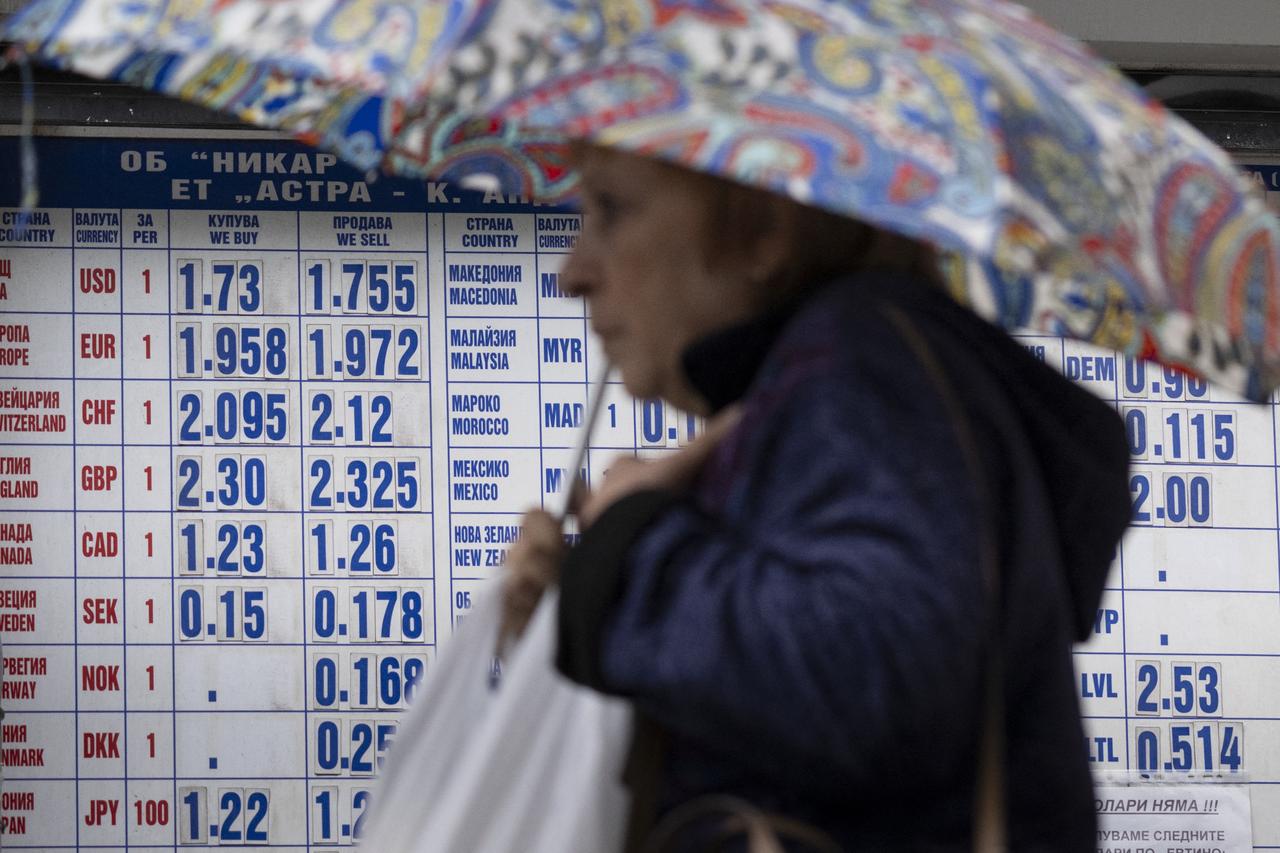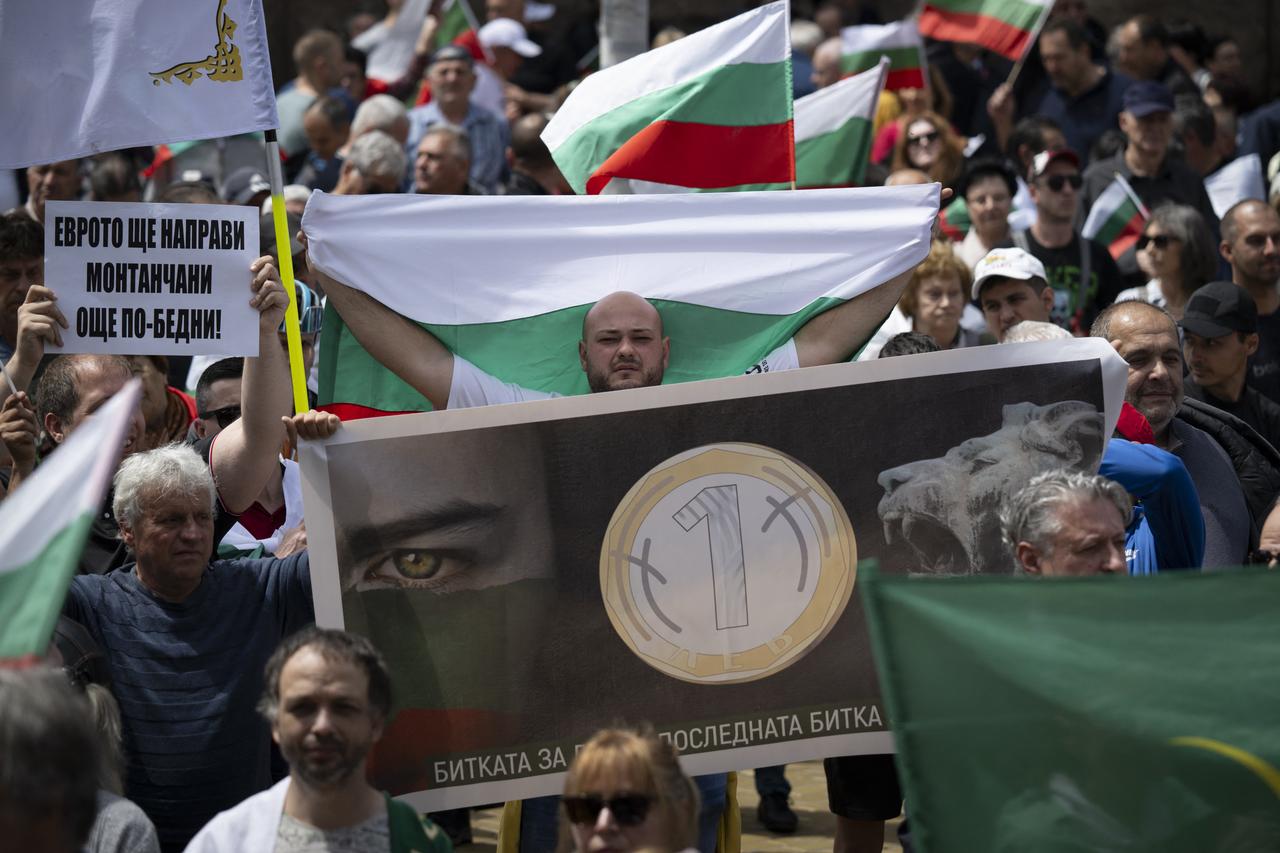
Bulgaria is currently experiencing significant political and social unrest as it moves toward adopting the euro by January 2026. This transition has sparked widespread protests and a heated national debate, highlighting deep divisions within the country over its economic future and European integration.
Bulgaria stands on the brink of a significant economic transformation as it prepares to adopt the euro on Jan. 1, 2026. The European Commission and the European Central Bank are scheduled to release their convergence reports on June 4, 2025, assessing Bulgaria's readiness to join the eurozone. If the reports are favorable, EU finance ministers are expected to approve the transition and set the levy to the euro conversion rate in July 2025.

Since 1999, Bulgaria has maintained a fixed exchange rate of 1.95583 leva to one euro under a currency board arrangement. This stability has been a cornerstone of Bulgaria's monetary policy, providing predictability for investors and aligning the country's economy closely with the eurozone.
Recent economic indicators suggest that Bulgaria is meeting the necessary criteria for euro adoption.
As of April 2025, the country's inflation rate has decreased to 3.5%, aligning with EU targets. The budget deficit stands at 3.0% of gross domestic product (GDP), and public debt is around 24–25% of GDP, well below the EU's 60% threshold.
A January 2025 survey by the Myara agency revealed a stark reality: 57% of Bulgarians oppose the euro in principle. Many fear that switching currencies will trigger a rise in prices, eat away at wages, and strip the country of its last economic symbol of independence, 'the lev'.

This skepticism erupted into full view on May 31, when thousands flooded the streets of Sofia and other cities. Waving flags and chanting “Freedom for the Bulgarian lev,” demonstrators called for a national referendum on euro adoption. Organized by nationalist parties like Vazrazhdane and supported by a chorus of civic voices, the protests were mostly peaceful but symbolically powerful. For many, the euro is not just about economics; it’s about identity.
In the middle of Bulgaria's ongoing debate over adopting the euro, President Rumen Radev has taken a prominent role by advocating for greater public involvement in the decision-making process.
On May 12, 2025, he proposed holding a national referendum to determine whether Bulgaria should proceed with adopting the euro in 2026. President Radev emphasized that such a significant economic change warrants direct input from the citizens, aiming to ensure transparency and democratic legitimacy in the country's path toward eurozone membership.
However, the proposal faced immediate challenges. The Bulgarian National Assembly, led by Speaker Nataliya Kiselova, rejected the referendum request, citing constitutional constraints and previous rulings by the Constitutional Court that deemed such a referendum unconstitutional.
The Parliament maintained that Bulgaria's commitment to adopt the euro was established through its accession to the European Union, and thus, the matter was not subject to a national referendum.
On the technical front, all eyes are now on the European Commission’s upcoming convergence report, expected in June 2025. If the report confirms that Bulgaria has met all the Maastricht criteria, the next formal step will be taken by EU finance ministers.
In July, they are expected to set the final conversion rate between the Bulgarian lev and the euro, effectively locking in Bulgaria’s place in the eurozone.
In global terms, Bulgaria’s successful entry into the eurozone would represent a significant achievement not only for the country itself but also for the European Union’s wider effort to deepen integration.
If the transition proceeds as planned, Bulgaria will become the 21st member of the euro area, sending a strong message of unity and resilience within the EU amid ongoing geopolitical challenges.